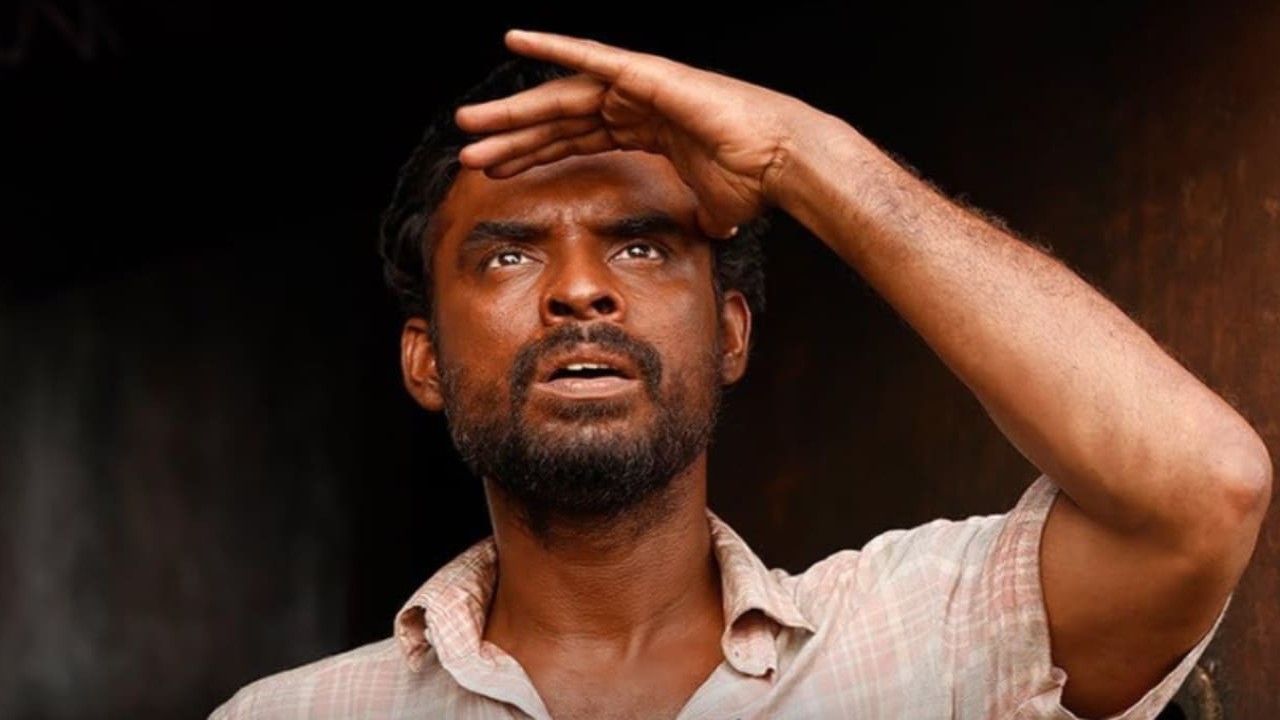Ordinary people don’t choose to join a war, but oftentimes, they are dragged into it, forced to fight, and become victims of it because of people in power. Adrishya Jalakangal takes this idea in a dystopic future, where war has turned India into a police state, and mixes in a watchman who’s able to talk with the dead. While the message is necessary and the idea is novel, the execution feels uneven, as the anti-war and magic realist elements feel like elements from what should be two separate movies. Alongside the sluggish pace and the dialogue that’s a tad too on the nose, it’s hard to get through Adrishya Jalakangal when it can’t decide what it wants to focus on.
Synopsis
‘Adrishya Jalakangal’ is said to be an unabashed depiction of what war and its consequences truly look like. “Adrishya Jalakangal is an attempt to look at the social menace of war from a common man’s point of view and be a strong artistic signature against war
Storyline
After being released from a mental asylum, a young man heads back to his former life while his country takes part in a war, living in an abandoned train carriage and working as a night watchman at a morgue, which leads him to find out he can communicate with dead people.
TLDR
The concept of talking with the dead in an anti-war film is great, so why does the film spend more than 40 minutes not using this? It feels like the team wanted to make two separate movies.
What stands out
The concept of being able to communicate with the dead in an anti-war film should be brilliant– as this fantastical ability would allow the protagonist to directly interact with victims of the war. Adrishya Jalakangal seemed to be going this way, as the main character portrayed by Tovino Thomas lives in a world used to war– where major infrastructure like trains are abandoned, where the police can arrest people without cause, and where the poor are dumped into jail or the asylum. However, the way this was portrayed makes Adrishya Jalakangal feel like two separate films. By the time the film uses the ability, 40 out of the 126 minutes have already passed, and the scene where he talks to the dead activist feels out of place from the slow-paced, slice-of-life scenes spent in Hayao Miyazaki-esque natural fields that grew over the train station he lives in. Because of this, this superpower just feels randomly thrown in for novelty, rather than the cohesive plot device it could have been.




